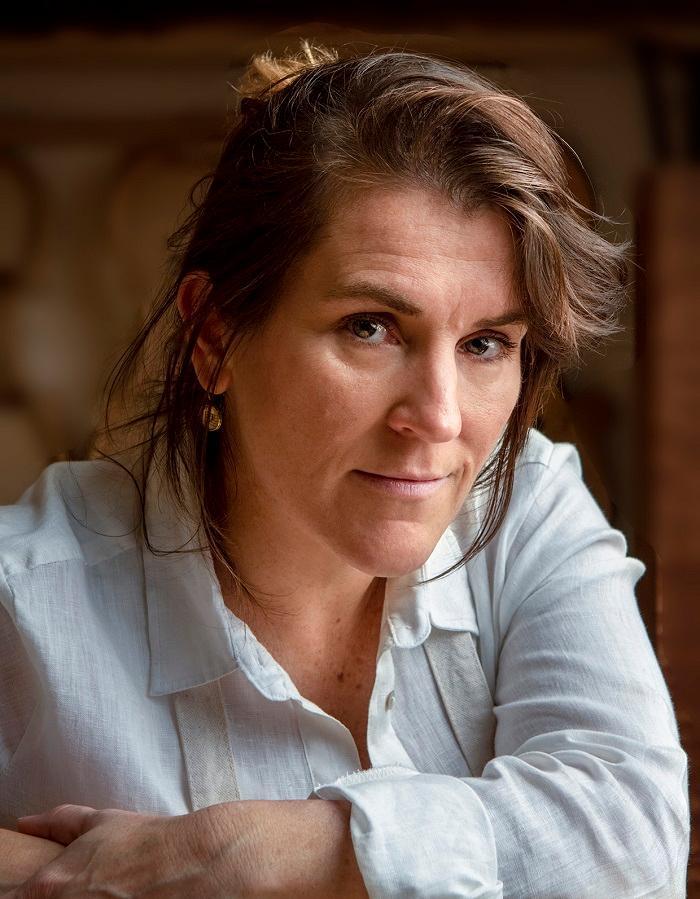
Narelle Freeman
Research focus: Understanding doctor-patient interactions

Research focus: Understanding doctor-patient interactions
Who do you trust more – your GP or Dr Google? Medical knowledge has always generated a power imbalance between doctors and their patients, and in the age of information we now have choice as to which sources of knowledge we trust and believe. Regardless of what we think of our GP however, they are still the gatekeeper for the majority of healthcare in the UK, which means we must engage with them on their turf when we have a health issue. This situation is just one example of how a consultation interaction may be affected by unacknowledged influences even before the first word is spoken. There are many other social and contextual issues that are now impacting on whether doctors and patients can effectively connect and communicate. These are what policy makers call “wicked problems”, which some researchers have suggested can only be properly addressed through a multi-level strategy. My research is aiming for “small wins” at the individual level. Using a transdisciplinary approach, which includes philosophy, psychology and affective neuroscience, I am trying to better understand what is at work that is universally human and may enable two people to positively interact, for better health and wellbeing outcomes for both. In particular, understanding how an interaction between a doctor and a patient might be impeded or improved by what their emotional brains are sensing at every moment, while they are simultaneously trying to communicate rationally about a health issue.
Supervised by Prof Tom Grimwood (tom.grimwood@cumbria.ac.uk) and Dr Alison Buckley (alison.buckley@cumbria.ac.uk).